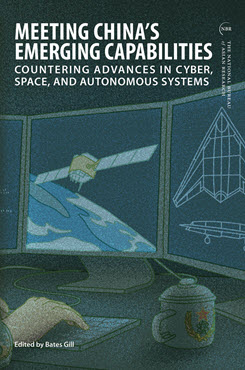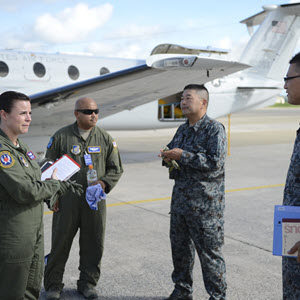Essay from NBR Special Report no. 103
A Vietnamese Perspective on China’s Military Modernization
This essay examines China’s advances in areas such as cyber technology, space-related capabilities, and autonomous systems and argues that they pose an increasingly asymmetrical threat to Vietnam’s national security.
EXECUTIVE SUMMARY
MAIN ARGUMENT
Vietnam’s struggle against China’s coercive behaviors has largely occurred in the maritime environment, with spillover effects in other critical domains. The huge technological gap between Vietnam and China makes things worse for the former, as new forms of warfare emerge. To limit any negative impact, Vietnam needs to recognize the importance of new technologies and their applications in the current security environment. This change in perception, moreover, must be accompanied by a rational and effective investment of resources focused on strengthening internal capabilities and taking advantage of existing international partnerships.
POLICY IMPLICATIONS
- Vietnam should develop its own strategic guidelines adopting and exploiting emerging technologies in the new security environment, especially in the maritime domain.
- Vietnam should strengthen bilateral cooperation with the U.S. in several areas such as building micro- and macro-satellites, developing autonomous systems for maritime security purposes, and conducting capacity building in cybersecurity. These initiatives should prioritize engagement with the private sectors and universities.
- The U.S. will need to be strategically patient toward Vietnam, especially in security and military cooperation. Although the relationship between the two countries has improved since 1995, trust-building mechanism should be enhanced through dialogues to mitigate strategic distrust.
- Vietnam and the U.S. should initiate joint cooperative programs through multilateral mechanisms. ASEAN-related mechanisms are obvious choices, but the U.S. can also draw on its expanded networks of allies and partners, especially key allies such as Japan, South Korea, and Australia that are Vietnam’s traditional partners.
Nguyen The Phuong is a Lecturer at Ho Chi Minh City University of Economics and Finance and a PhD candidate in maritime security and naval affairs at the University of New South Wales in Australia.



